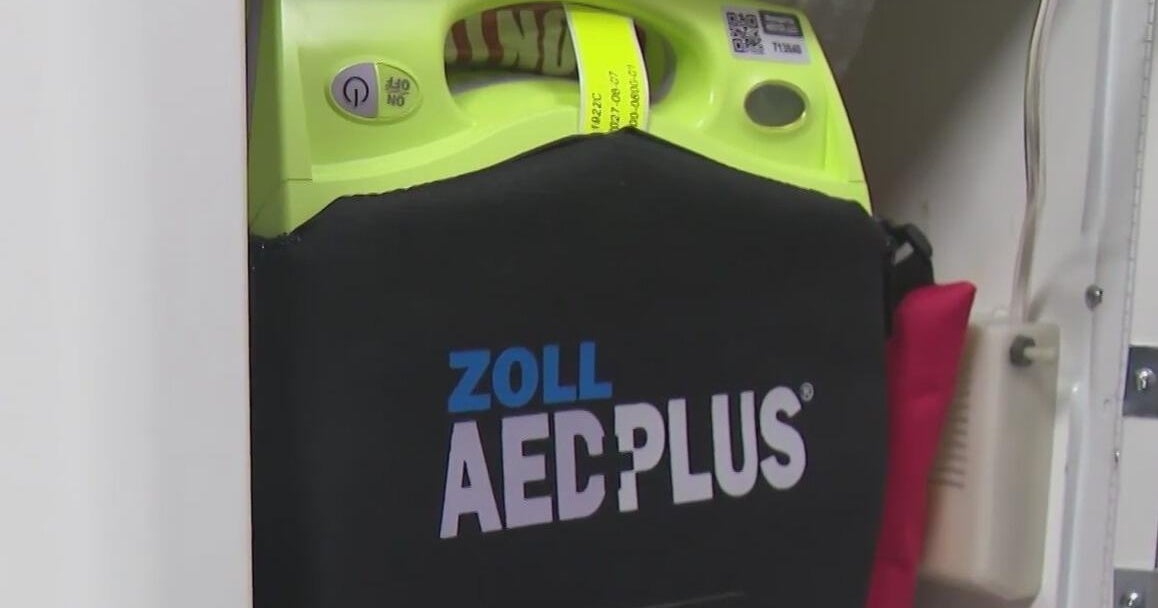Omicron breakthrough infections boosting risk of long COVID
SAN FRANCISCO -- As the pandemic continues to evolve, an FDA panel on Tuesday recommended tweaking COVID booster shots, updating their formulas just in time for the fall so they better match the strains that may be circulating.
While good research involving large studies continues to bolster the fact that the shots greatly reduce the risk of death or severe illness, there are breakthrough infections that increase the risk for a mysterious long-term problem known as long COVID.
Long COVID is understood as a syndrome with a constellation of symptoms, that include crushing fatigue, debilitating headaches, and unexpected cognitive changes.
Cliff Morrison knows all about the syndrome. He got infected with COVID-19 very early on in during the pandemic. Now, more than two years after he tested negative for the virus, he is still suffering from strange neurological problems.
"A lot of the brain fog. I sometimes forget where I'm at and I can be in a very familiar location and all of a sudden nothing looks familiar. It comes back very quickly to me so that's great," explained Morrison.
Research to date shows as many as 1 in 5 individuals infected with COVID-19 go on to develop the syndrome.
"Probably the most disconcerting thing for me was the fact that I could no longer remember names, and people would tell me something and five minutes later, I wouldn't remember it," recounted the now-retired health care specialist.
It is as if the brain's processing center slows to an inexplicable crawl.
"They do a really good job forming new memories, they just don't retrieve them efficiently," explained UCSF neurologist Dr. Joanna Hellmuth.
Hellmuth and her research team are striving to unravel the mysteries of long COVID. In one study, they collected blood and spinal fluid samples from patients, and upon running tests, found lots of abnormalities.
"Not only do we see higher markers of inflammation in the cerebral spinal fluid, but in some people, we're also seeing markers of vascular dysregulation, or that the blood cells within the brain compartment aren't acting and behaving normally, perhaps they're either causing or contributing to or responsive to some sort of inflammation in the brain compartment," she detailed.
If they can figure out what's causing these abnormalities, Hellmuth says they may be able to treat and prevent the neurocognitive symptom.
The team is embarking on new research that will compare individuals who have long COVID and suffer from cognitive changes to individuals who were infected but who suffer from no lingering effects.
"We really need to know what the differences are in these two groups," explained Hellmuth.
As for Morrison, he told KPIX 5 that he believes in the science and the vaccines. He's worked in the healthcare field for 50 years, helping create the groundbreaking AIDS ward at San Francisco General Hospital.
Morrison said he has noted many parallels between HIV and COVID-19, such as the outright manipulation of facts. He urged the public to keep abreast of how the pandemic ebbs and flows and to not deliberately try to get infected. He would hate for anyone to go through what he continues to endure: ending up with long COVID.
"I do realize that for some people, this is not completely real or it's not as bad or maybe it's been something that's orchestrated to divert people's attention or whatever," cautioned Morrison. "But it's real."







